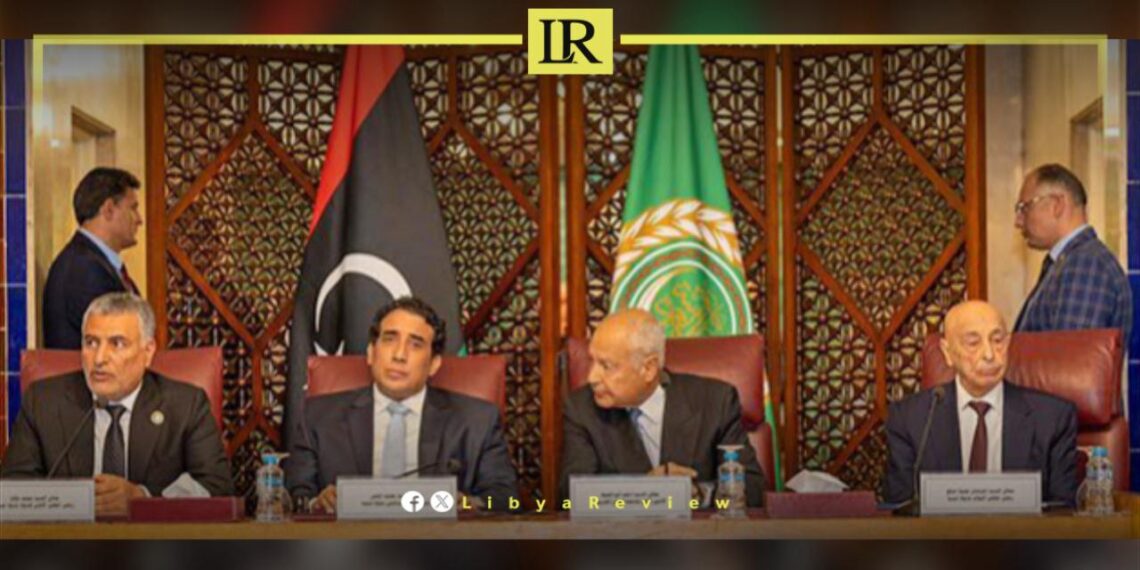Libyan Parliament Speaker Ageela Saleh announced a new round of consultations with the heads of Libya’s Presidential Council and the High Council of State (HCS). These talks, set to occur soon at the Arab League headquarters in Cairo, aim to address the country’s ongoing political issues.
Saleh, responding to a question from the Middle East News Agency (MENA), highlighted the significant outcomes of the previous round of discussions held at the Arab League. Key agreements were made, including the unification of Libya’s sovereign positions to enhance their effectiveness at the national level. There was also a consensus on forming a unified government and affirming Libya’s sovereignty and stability.
Expressing optimism, Saleh believes that Libya’s future is promising as all parties strive to emerge from the current crisis and move towards national elections.
Separately, Saleh praised the recent decisions by the International Court of Justice, which called for an end to the Israeli military operation in Rafah. He described these decisions as a crucial step towards halting the ongoing violence in Gaza since October 7.
On March 10, a meeting took place at the Arab League headquarters in Cairo. The participants included Saleh, Presidential Council head Mohamed al-Mnifi, and High Council of State head Mohamed Takala.
Libya has been in chaos since a NATO-backed uprising toppled longtime leader Muammar Gaddafi in 2011. The county has for years been split between rival administrations.
Libya’s economy, heavily reliant on oil, has suffered due to the ongoing conflict. The instability has led to fluctuations in oil production and prices, impacting the global oil market and Libya’s economy.
The conflict has led to a significant humanitarian crisis in Libya, with thousands of people killed, and many more displaced. Migrants and refugees using Libya as a transit point to Europe have also faced dire conditions.
The planned elections for December 2021 were delayed due to disagreements over election laws and the eligibility of certain candidates. This delay has raised concerns about the feasibility of a peaceful political transition.
Despite the ceasefire, security remains a significant concern with sporadic fighting and the presence of mercenaries and foreign fighters. The unification of the military and the removal of foreign forces are crucial challenges.


